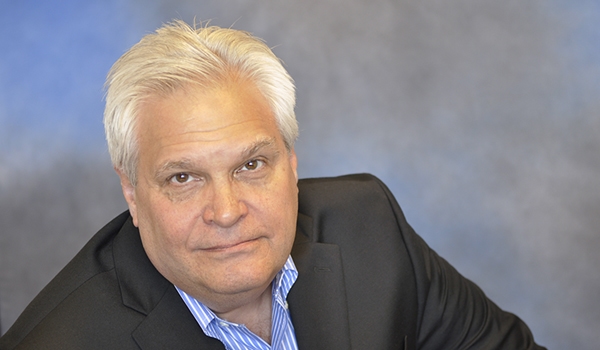Attacks on Energy Attack You

Can you walk and chew gum at the same time? Leaders in the United States and globally cannot when it comes to balancing green energy initiatives with common sense energy requirements.
Some of the worst offenders say things like, “I guarantee we will end fossil fuels.” Those of us who depend on functioning global logistics networks know how harmful and misleading those positions are. Does anyone say, “I promise we will end all green initiatives”? Of course not. Pragmatists know we can walk and chew gum at the same time, so we don’t aim to crush entire economic sectors and the workers who depend on them.
To bring a real-politick perspective to this important issue, Power the Future, an energy industry group that began as an advocate for rural energy workers, has released an Energy Policy Roadmap describing 10 crucial steps to “undo the damage that has been done” to our economy. The report is highly critical of the current administration. But after filtering out the polemics, some good suggestions remain: Repeal the natural gas tax, end the oil and gas leasing moratorium and return power to states, approve the Keystone XL Pipeline, issue automatic approvals for LNG export terminals, and stop the war on coal.
I have two other suggestions. First, build new, efficient, clean refining and liquefaction capacity with tax incentives and public/private investments. That will see us through to the day when efficient green energy replacements are widely and inexpensively available.
My next suggestion is cringe-worthy for some, but one I’ve mentioned many times before: Start building new safe nuclear energy plants now. That is something that, despite political fearmongering and grandstanding, the United States should have started years ago.
In France, 71% of all electricity comes from nuclear power. French President Emmanuel Macron announced a “renaissance” for the French nuclear industry with a fast-track program to build at least 14 new reactors. He argues it will help end France’s reliance on fossil fuels and make it carbon neutral by 2050. He knows it will raise French economic fortunes for decades.
Leaders in China are less vocal about their walk/gum chewing view, but are even more committed to the policies like those in the Power the Future report. China just signed a historic agreement to buy 4 million tons of natural gas from Qatar each year for 27 years. That’s a minimum of 108 million tons of natural gas until 2050 and the largest commitment to un-green power in world history.
There’s the question then. What do French and Chinese leaders know about energy’s impact on the economic well-being of a nation, transportation and manufacturing, and its interconnected workforce? Perhaps in 2023, U.S. leaders will ask that same question.
